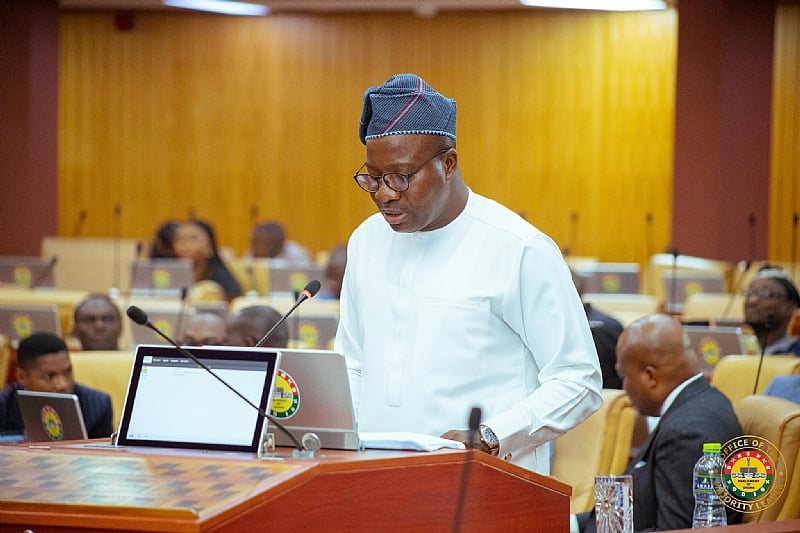The Public Utilities Regulatory Commission (PURC)’s decision to implement a 2.45% increase in electricity tariffs, effective July 1, 2025, has ignited a heated debate in Ghana. Majority Leader Mahama Ayariga has emerged as a staunch defender of the tariff hike, characterizing it as an indispensable measure to prevent the imminent financial collapse of the Electricity Company of Ghana (ECG). Ayariga argues that the escalating debt burden faced by ECG, primarily due to a tariff freeze in the previous year, necessitates this adjustment. He contends that without this increase, ECG’s ability to purchase essential inputs for power generation will be severely compromised, leading to widespread power outages. This rationale underscores the precarious financial position of the ECG and the potential ramifications for the nation’s energy security if the tariff adjustment is not implemented.
Ayariga’s position contrasts sharply with the stance of the Minority Caucus, who have voiced their opposition to the tariff increase, citing improvements in macroeconomic indicators. They argue that the prevailing economic climate does not warrant an increase in electricity costs, particularly given the potential impact on households and businesses. This disagreement highlights the inherent tension between ensuring the financial viability of the power sector and mitigating the economic burden on consumers. While the Minority acknowledges the ECG’s debt, they question the timing and magnitude of the tariff adjustment, suggesting alternative solutions might be explored to address the ECG’s financial challenges.
The core of Ayariga’s argument rests on the premise that the ECG’s accumulated debt must be addressed to ensure the continued provision of electricity. He emphasizes that the PURC, in its regulatory capacity, acted responsibly by approving the tariff increase, preventing a potential collapse of the ECG and subsequent power disruptions. Ayariga refutes the notion that improved macroeconomic conditions negate the need for a tariff adjustment, highlighting that the ECG’s debt remains a pressing issue regardless of broader economic improvements. He underscores the principle that electricity consumption incurs costs, and consumers must bear a portion of the responsibility for ensuring the financial stability of the power sector.
Ayariga’s emphasis on the PURC’s mandate underscores the independent regulatory role of the commission in setting tariffs. His explanation aims to reassure the public that the tariff increase is not arbitrary but a necessary measure based on the ECG’s financial realities. He portrays the PURC’s decision as a proactive step to avert a looming energy crisis, emphasizing the long-term benefits of a stable and financially solvent electricity provider. This perspective frames the tariff increase as an investment in the future of Ghana’s power sector, rather than an immediate burden on consumers.
To further clarify the rationale behind the tariff adjustment and the government’s broader energy strategy, Ayariga has indicated that the Minister for Energy and Green Transition will address Parliament in the following week. This planned address suggests a commitment to transparency and public engagement on the issue. It provides an opportunity for the government to articulate its long-term vision for the power sector and explain how the tariff adjustment fits into this broader strategy. The upcoming address may also serve to address concerns raised by the Minority and other stakeholders, fostering a more informed public discourse on the matter.
The 2.45% electricity tariff increase has sparked a nationwide debate, with diverse stakeholders expressing varying opinions. Civil society organizations, business groups, and consumer advocates have raised concerns about the potential impact on household budgets and the cost of doing business. These concerns reflect the complex interplay between energy policy and economic realities, highlighting the need for a balanced approach that addresses both the financial health of the power sector and the affordability of electricity for consumers. The ensuing discussions and consultations will likely shape the future of Ghana’s energy sector and its impact on the nation’s economy.


